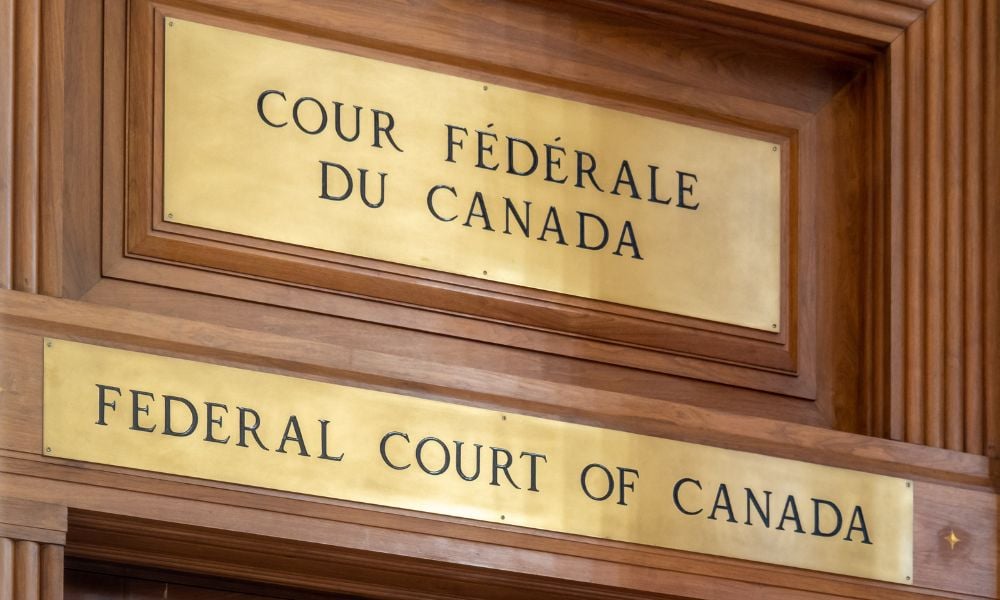
Undertakings are expected to be answered in full and on time: court

The Federal Court has underscored in a recent patent infringement case that a party may be compelled to pay significant costs award for failure to answer undertakings made during discovery.
In Triteq Lock & Security, LLC v. Minus Forty Technologies Corp., 2023 FC 819, the defendant Minus Forty Technologies allegedly infringed certain patent claims directed to a cooler lock. The defendant denied infringement and asserted that the patent was invalid.
The defendant's representative attended discovery, where they gave undertakings and refused other questions. The plaintiff, Triteq Lock & Security, brought a motion to compel answers to specific discovery questions. The motion record included a chart with about 90 questions. Shortly before the hearing, the parties advised that about 18 questions remained to be adjudicated.
The plaintiff's initial chart included half of the questions during the hearing. About half of what was argued in the motion were undertakings that the defendant took the position it should no longer have to answer. The defendant submitted that information that was the subject of certain undertakings would be apparent once physical samples were provided to the plaintiff, was irrelevant, or requested information that the plaintiff should have had before they commenced the action. The defendant asserted that parties should have an opportunity for "sober second thought" when answering an undertaking.
The Federal Court explained that in its ordinary meaning, an undertaking is a promise or a pledge to do something. The court cited jurisprudence, stating that "undertakings are considered binding. When a party, under no obligation to give an undertaking, freely undertakes to provide further answers or documents, the undertaking must be honoured."
While a party may bring a motion to be relieved of an undertaking, the defendant did not bring any such motion. The court underscored the Law Society of Ontario's Rules of Professional Conduct explicitly addresses undertakings. It states that "a lawyer must strictly and scrupulously fulfill any undertakings given by him or her and honour any trust conditions accepted in the course of litigation." Consequently, the court rejected the defendant's submission that undertakings can or should be subject to unilateral consideration.
The court wrote in its decision, "A party who refuses to answer undertakings, and opposes a motion to compel answers to those undertakings, should expect to pay a significant costs award."
The court pointed out that it has full discretionary power over the amount and allocation of costs. Among the factors the court could consider in assessing costs is whether a step was improper, vexatious, or unnecessary. The court also said that an award of costs serves to regulate conduct, indemnify the successful party, and deter reckless, frivolous and abusive behaviour.
The court agreed with the defendant's submission that parties should not be discouraged from advancing novel legal issues. However, the court also said, "If any part of the discovery process has been carved in stone for decades, it is that undertakings are expected to be answered in full and on time."
The court said that the defendant failed to offer any jurisprudence, academic commentary, or submissions that would convince the court to depart from the long-established principles that govern undertakings.
The plaintiff asked the court to fix costs at $5,000, but the court said such an amount would be "insufficient to address how entirely unnecessary most of the motion was." The court ultimately fixed the cost award at $7,500.